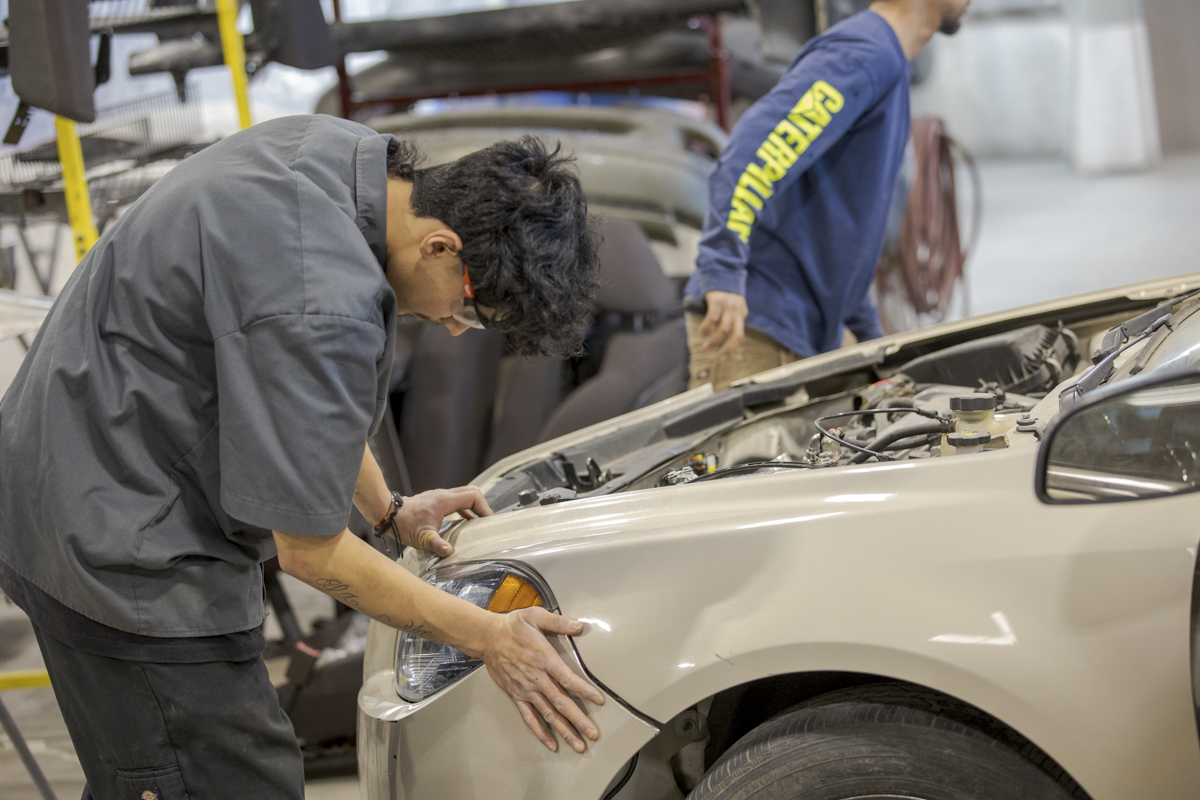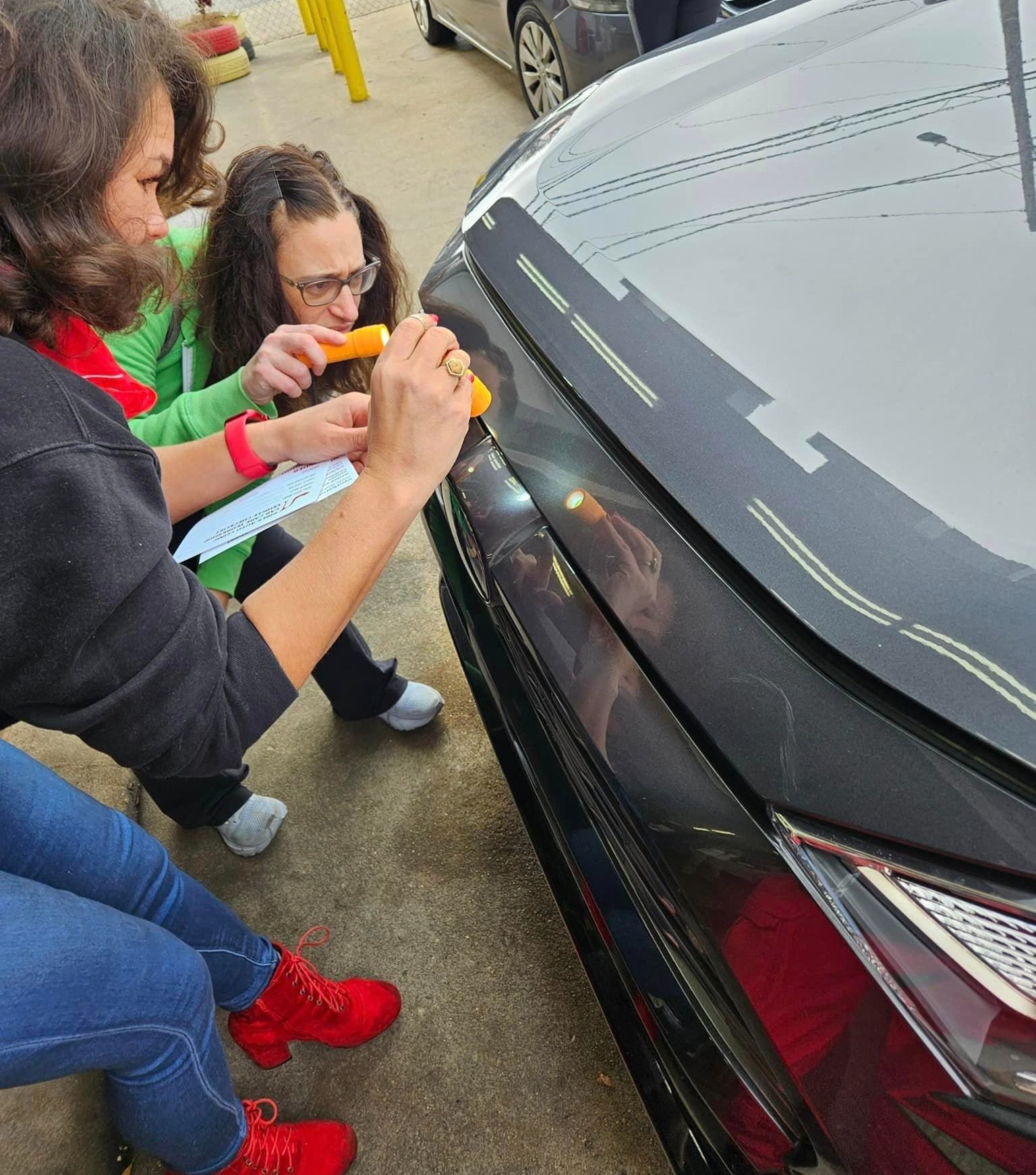All Categories
Featured
Engine fixings are typically one of the most costly repair services you could encounter as an automobile proprietor. The price of repairing or replacing parts of your engine can differ commonly, and a number of elements play a role in determining the last rate.
For instance, an easy oil change or ignition system replacement might only cost you a couple of hundred bucks, while an engine restore or replacement could set you back several thousand bucks. The extent of the issue and the components that require to be changed are vital aspects in computing the final bill.
![]()
In addition, the amount of labor required depends on the kind of engine trouble. A repair work requiring complete engine disassembly will take even more time than replacing an easy component, and this extra time is reflected in the labor expense.
![]()
In addition, the make and version of your lorry can affect the price of engine fixings. Deluxe or international cars usually need more pricey parts that may be harder to find, driving up the total repair service expense. Typical domestic vehicles have a tendency to have even more readily available parts and may be less expensive to repair.
Older lorries might additionally have problem sourcing parts, particularly if the car is discontinued or rare. In such instances, you may need to use reconditioned or made use of parts, which can sometimes lower expenses yet may come with extra risks relating to top quality and reliability.
On the various other hand, lorries from even more common brands like Ford, Toyota, or Honda have a tendency to have lower repair prices since their components are a lot more commonly available, and many technicians know with them. Service centers typically have the necessary equipment for these lorries, which helps in reducing labor time and prices.
![]()
Verdict. Engine repair service prices can be substantial, but comprehending the elements that affect these expenses can help you make far better choices when it comes time for repairs. The extent of the damage, the type of components used, labor prices, the make and model of your lorry, and the analysis fees are very important factors that add to the total repair cost. By taking into consideration these aspects, you can much better approximate what your repair service may set you back and ensure that you're not captured off-guard by any type of unanticipated fees. Always look around, obtain multiple quotes, and evaluate the high quality of service and components when choosing a repair shop to obtain the most effective worth for your money.
- The Degree of the Damage. The extent of the engine concern is possibly the most considerable element in identifying the price of repair work. Small engine issues, such as worn-out ignition system, damaged belts, or a faulty sensing unit, are normally less costly to deal with because they don't need taking apart the engine. On the other hand, extra serious issues like a broken cylinder head, blown gasket, or a damaged crankshaft can be very costly as a result of the complexity and considerable labor involved.
For instance, an easy oil change or ignition system replacement might only cost you a couple of hundred bucks, while an engine restore or replacement could set you back several thousand bucks. The extent of the issue and the components that require to be changed are vital aspects in computing the final bill.

- Labor Expenses. Labor is one of the main costs linked with engine repair. This is especially true for complicated repair services, as dealing with engine problems frequently calls for hours or even days of job. Labor costs can vary depending on where you live, as service center in city locations typically bill much more per hour than those in backwoods. Generally, labor prices can range from $80 to $150 per hour, with more customized or seasoned technicians billing higher prices.
In addition, the amount of labor required depends on the kind of engine trouble. A repair work requiring complete engine disassembly will take even more time than replacing an easy component, and this extra time is reflected in the labor expense.
- Parts and Materials. The cost of replacement parts can likewise differ greatly, particularly if you're using initial tools supplier (OEM) parts or high-performance components. OEM components are generally more costly than aftermarket parts, yet they are commonly suggested to make sure the longevity and proper function of the engine. Aftermarket components are usually much less pricey and can use a much more budget friendly option, but they might not constantly satisfy the same top quality requirements as OEM parts.

In addition, the make and version of your lorry can affect the price of engine fixings. Deluxe or international cars usually need more pricey parts that may be harder to find, driving up the total repair service expense. Typical domestic vehicles have a tendency to have even more readily available parts and may be less expensive to repair.
- Age and Mileage of the Lorry. The age of your lorry plays a considerable role in figuring out the expense of engine fixing. Older lorries with high gas mileage have a tendency to have more damage on the engine components, which means that repair services might be extra substantial and pricey. Over time, engine components use down and are more probable to fall short, bring about even more constant repair services.
Older lorries might additionally have problem sourcing parts, particularly if the car is discontinued or rare. In such instances, you may need to use reconditioned or made use of parts, which can sometimes lower expenses yet may come with extra risks relating to top quality and reliability.
- Lorry Make and Model. The particular make and model of your automobile will greatly affect the expense of engine fixings. For example, deluxe brand names like BMW, Mercedes-Benz, and Audi typically have higher repair work prices due to the fact that their parts are extra costly, and specialized understanding is required to deal with them. Additionally, these brands may call for details tools or diagnostic devices, which can include in the overall cost.
On the various other hand, lorries from even more common brands like Ford, Toyota, or Honda have a tendency to have lower repair prices since their components are a lot more commonly available, and many technicians know with them. Service centers typically have the necessary equipment for these lorries, which helps in reducing labor time and prices.

- Diagnostic Fees. Prior to carrying out any fixings, the mechanic will normally carry out a diagnostic examination to establish the source of the issue. This test might include scanning the automobile's onboard computer or performing different checks to assess engine performance. Diagnostic charges normally vary from $50 to $150, relying on the intricacy of the examinations. Some repair stores might provide a discount or waive this cost if you decide to continue with the recommended repair work, while others might charge it separately.
- Location of the Service Center. Where you take your lorry for repair services can also affect the rate. Shops in high-cost-of-living locations generally charge extra for both labor and parts due to above costs. On the other hand, service center located in smaller sized towns or much less inhabited locations might offer extra competitive rates. This rate difference is something to take into consideration when searching for a repair store, specifically if you're dealing with a large repair expense.
Verdict. Engine repair service prices can be substantial, but comprehending the elements that affect these expenses can help you make far better choices when it comes time for repairs. The extent of the damage, the type of components used, labor prices, the make and model of your lorry, and the analysis fees are very important factors that add to the total repair cost. By taking into consideration these aspects, you can much better approximate what your repair service may set you back and ensure that you're not captured off-guard by any type of unanticipated fees. Always look around, obtain multiple quotes, and evaluate the high quality of service and components when choosing a repair shop to obtain the most effective worth for your money.
Latest Posts
Explore Cost-Effective Auto Repairs with Montclare’s Exclusive Service Specials
Published May 26, 25
1 min read
Find Out Save Big on Car Maintenance with Montclare Auto Repair’s Exclusive Deals
Published May 24, 25
1 min read
Reliable Overhead Door Solutions for Homes and Organizations
Published May 23, 25
1 min read
More
Latest Posts
Explore Cost-Effective Auto Repairs with Montclare’s Exclusive Service Specials
Published May 26, 25
1 min read
Find Out Save Big on Car Maintenance with Montclare Auto Repair’s Exclusive Deals
Published May 24, 25
1 min read
Reliable Overhead Door Solutions for Homes and Organizations
Published May 23, 25
1 min read